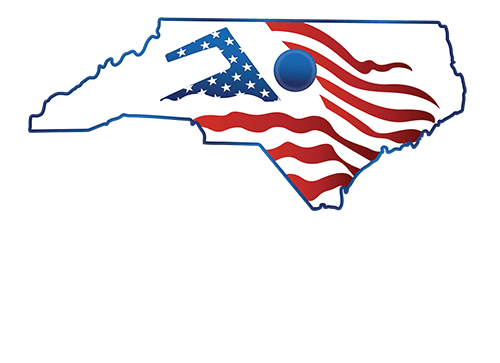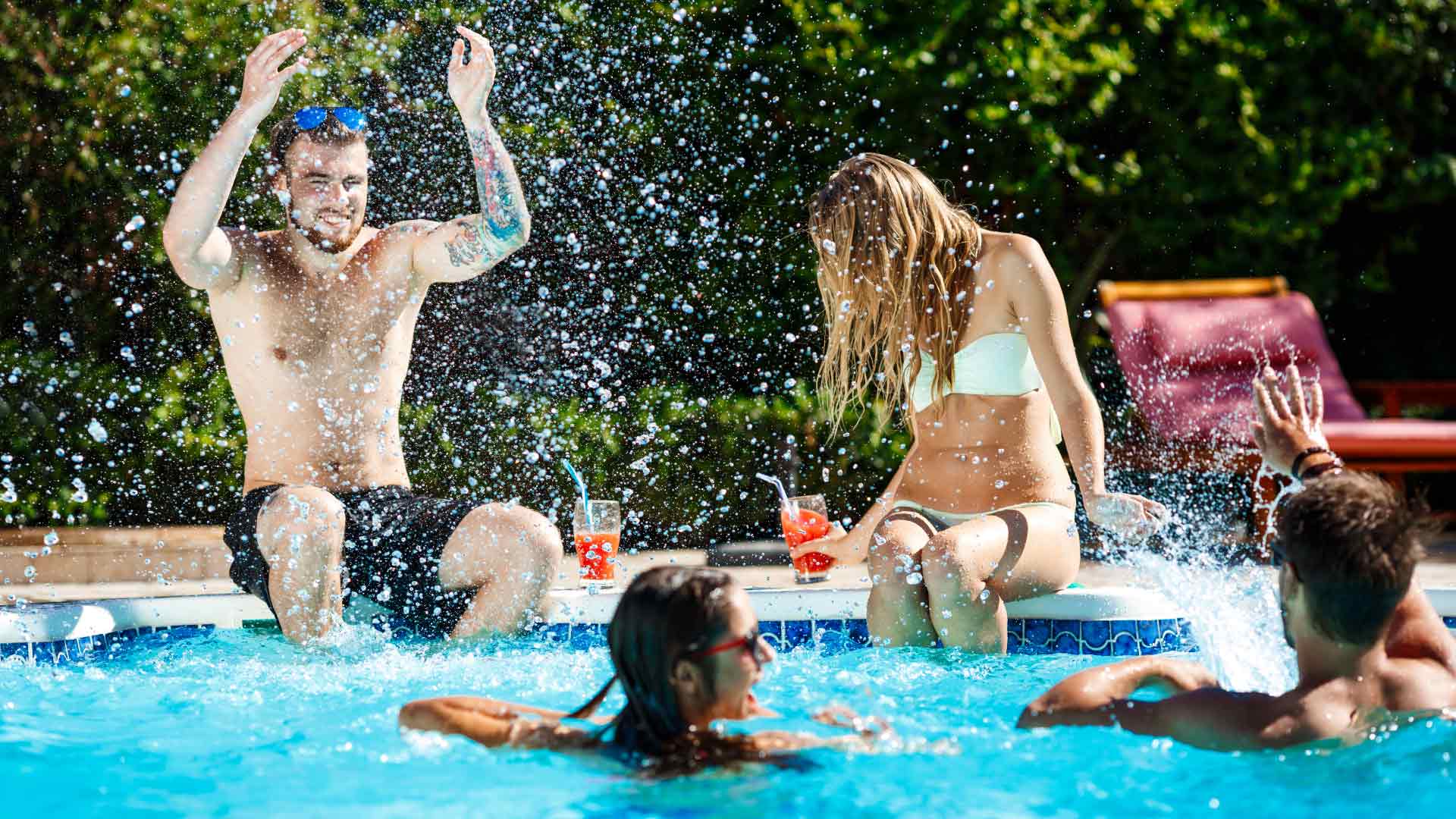Hygiene of the places we frequent is crucial, in swimming pools you have to be especially careful because different factors can intervene. If you want to make sure that your pool is a safe and clean place for those who use it, you should follow some basic maintenance steps. There are three main elements to consider: Circulation, cleaning and chemistry.
The water must constantly be moving and filtering, clean debris, and keeping the water chemistry in balance. Below we will explain how you can do all this to keep your pool in excellent condition. Before we start cleaning we need to know how our pool works.
Your pool’s circulatory system consists of the skimmer, pump, filter, and jets. If any of these parts is hampered, the quality of the water will be affected.
Circulation:
In the pool water needs to be filtered, this is essential for cleaning and helps to diffuse the chemicals that are added to the water. Every pool must be equipped with a pump and a filter. The pump draws the water out of the pool through the rectangular hole. The pump passes the water through a filtration system to remove dirt and impurities, then it arrives clean back into the pool.
The pool pump should run for approximately 8 to 12 hours a day, the more the filtration system runs, the cleaner the water will be. This may vary if you are in warmer locations that require more time. It is also relevant to clean the skimmer 1 to 2 times a week, as different animals or algae can become stagnant there. For the jets, it is good to make sure they are pointing away from the skimmer.
Cleaning:
Cleaning the pool is another step that you cannot skip, vacuuming once a week, brushing, and skimming once a day. There are different ways to clean the bottom of the pool.
- Manual pool cleaners are an economical option but can be time-consuming and physically demanding.
- Electric pool cleaners are one of the most expensive options, they are suitable for any surface, are quiet, and can be programmed.
- Battery and hydraulic cleaners are autonomous inside the pool and designed for shallow or flat bottoms.
Chemistry:
On the other hand, another fundamental aspect of pool maintenance is chemistry, water must be balanced. All of this is to prevent the water from being cloudy or having any bacteria. To find out how the water is, it should be tested weekly. There are analysis kits that are easy to use to find out the state of the water easily, these are some of the ranges that should be measured in the water:
Water testing should be 1 or 2 times per week. The ph balance has to be measured, has to be around 7.5. Levels cannot be too low or too high. It is good to have a measurement guide. Another factor to take into account is the alkalinity of the water, which is relevant to regulate the acidity of the water. For swimming pools, total alkalinity has to be between 120 and 150 ppm.
A good idea to maintain the chemical balance of the pool is to shock the pool by overloading the water with disinfectant once or twice a week to remove bacteria and contaminants.The more the pool is used, the more often it should be cleaned.
In summary, proper maintenance of the pool is important, in terms of keeping the surfaces in good condition as well as being in good condition for the people who use the pool. It is key to have a cleaning routine, this has a great responsibility. If you consider that you cannot do it, there is always an option to hire a professional to take care of it.

